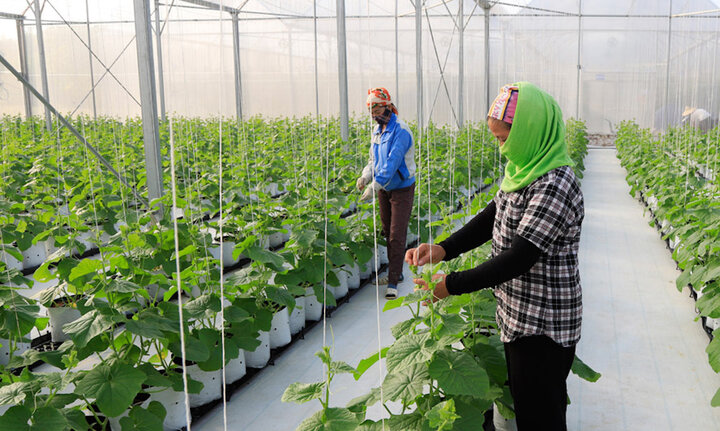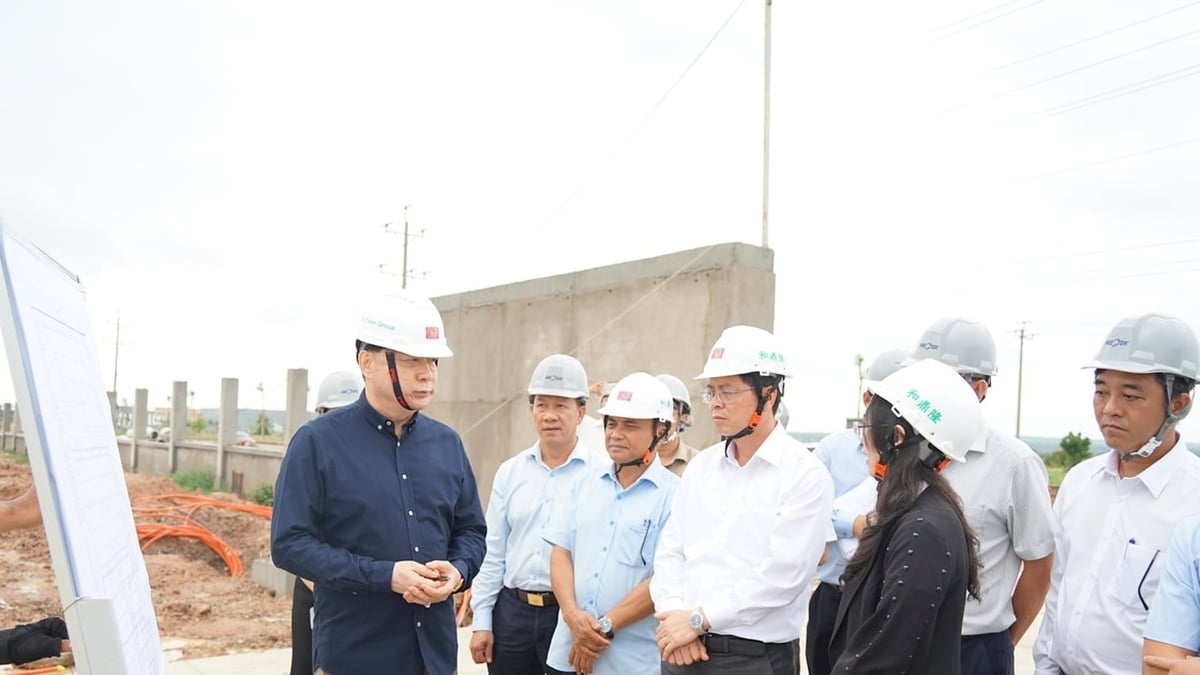Collective economy , with cooperatives as its core, is an economic establishment in which members voluntarily contribute capital, assets, means of production and labor; produce and do business together; manage together according to the principles of democracy and equality; distribute according to capital contribution, labor or the level of service participation.
When a collective economic member voluntarily terminates his/her membership, the collective economic organization will return the capital, assets, and means of production he/she has contributed.
Collective economy exists in many forms, the most common of which are cooperatives, cooperative unions, cooperative unions, etc. Among them, cooperatives are considered the core form of collective economy. This is a fairly common form of collective economy, operating in many areas of social life and present in economies with different levels of development, all over the world .
Along with taking economic benefits as the main goal, collective economy also values the social benefits of members; values cooperation, linkage, complementarity, and mutual assistance among members; contributes to hunger eradication, poverty reduction, and towards enriching members and developing the community.
However, in reality, there is still a situation where farmers are not really interested in participating in cooperatives, even though small-scale businesses cannot maximize their efficiency. So what is the reason?
One of the reasons most often mentioned by experts is that many pharmaceutical cooperatives were established as a trend. These types of cooperatives are registered for business but do not operate, and do not play a leading role in supporting farmers to innovate and improve production efficiency. As a result, they do not create trust and convince farmers to participate.

Many people are not yet interested in participating in cooperatives. (Illustration photo)
Responding to the press, Prof. Dr. Tran Duc Vien, Chairman of the Science and Training Council, Vietnam Academy of Agriculture, once emphasized that the model of Vietnamese cooperatives must be a model of farmers, to be a fulcrum, a convergence point, thereby creating a resonant strength from millions of farming households, creating their trust and pride, creating ecological agriculture, creating a strong Vietnamese countryside and a wealthy farming class.
Other experts also said that agricultural cooperatives still face many difficulties in management. The scale is small, and the revenue is low. The reason why people are not really interested in cooperatives is ultimately because of their poor efficiency.
Agricultural expert Hoang Trong Thuy said: “Farmers are confused by three questions: If I join a cooperative, will I be able to sell my agricultural products at a higher price and will I be able to sell them all? Is there transparency in my relationship with the other parties participating in the cooperative? If I join a cooperative, will I have more free time or will my labor intensity remain the same as before? Because of these three concerns, farmers are still hesitant to raise their hands to vote to join a cooperative at the grassroots level.”
To improve income, there is no other way but for farmers to cooperate to "buy together, sell together, use together", create and develop high-quality raw material areas, with output large enough to negotiate prices with businesses and compete in the market.
Rural economy develops when cooperatives actively support people to do well from production to consumption of agricultural products through input and output supply services, helping to solve the problem of good harvest and low price.
Reality has proven that without the participation of cooperatives, production will face many difficulties. Recently, the role of cooperatives has been increasingly enhanced in promoting the rural economy. By providing agricultural services, people can feel secure in production, as well as helping people and businesses find each other...
Cooperatives are an important link in agricultural and rural development. However, without a systematic development strategy, cooperatives will certainly not be able to go far and will not be able to adapt to the strict demands and requirements of the market economy.
Cong Hieu
Source































![[Photo] National Assembly Chairman attends the seminar "Building and operating an international financial center and recommendations for Vietnam"](https://vphoto.vietnam.vn/thumb/1200x675/vietnam/resource/IMAGE/2025/7/28/76393436936e457db31ec84433289f72)




































































Comment (0)